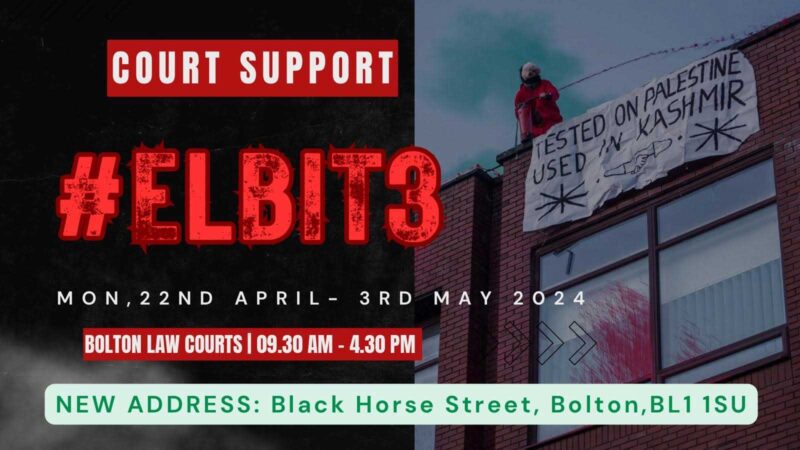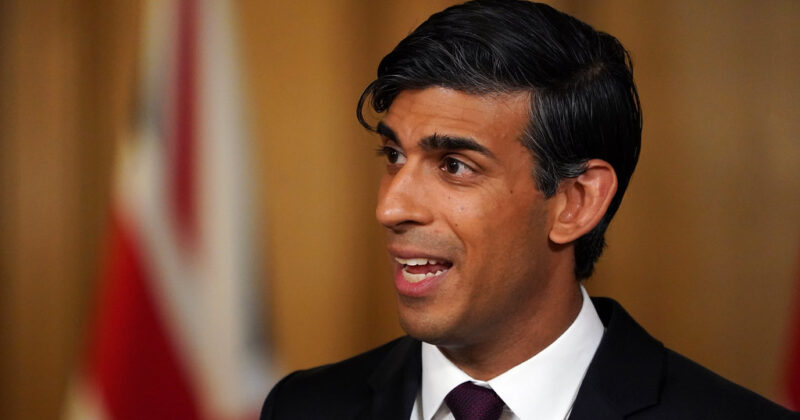Resistance to regime grows in Syria
The Syrian uprising continues despite the murderous violence from the Assad regime, writes Marcus Halaby

THE UPRISING that began in Syria on 15 March has become one of the bloodiest of the Arab revolutions. So far around 2,000 have been killed and 10,000 arrested, despite the formal end of the 1963 state of emergency. The uprising has stood firm in the face of massive state violence and forced concessions from the regime, but it has not yet brought down the regime.
This is partly because the working class has not yet come to the head of the uprising. According to Hassan Khaled Chatila of the Syrian Communist Action Party, it has been “like a series of neighbourhood uprisings”, in which the mass of people in the streets have been the unemployed and those without regular jobs, as well as students and young graduates.
Beginning in Daraa, an extremely deprived rural region by the Jordanian border, the uprising quickly spread through the countryside to all of Syria’s provincial towns and cities.
However, in the capital Damascus and in Aleppo – the centre of Syria’s industrial working class – the protests have largely been confined to the universities and the suburbs, although a national general strike called for 23 June affected some parts of Aleppo.
President Bashar al-Assad’s speech on 20 June gave the appearance of conciliation, acknowledging that “citizens” as well as soldiers and security forces had been “martyred”, and offering a national dialogue that “could lead” to a new constitution. But the promises he made were nothing new, and, like Egypt’s Mubarak before him, he has insisted on managing the transition, stating that the regime would “make the future rather than have events make it”.
Distinguishing between “citizens”, who had “legitimate demands” on the state, and “terrorists”, he called on the “the people and the state” to come together, attributing the “violence” to saboteurs motivated by extremist Islamist ideology, as well as “radical and blasphemous intellectuals wreaking havoc in the name of freedom”.
From day one the Ba’ath regime has presented the revolution as a uprising of backward, conservative and religious elements, presenting itself as the only force able to defend “secularism” and prevent sectarian civil war. It has accused the protests of being manipulated by “armed sectarian gangs” that have killed ordinary conscripts. This is a slander against the revolution, which has drawn in masses of people from all of Syria’s sects and communities. It is the regime’s own actions that have been the biggest instigator of sectarian tensions.
In particular, the regime has armed members of the once-marginalised Alawi minority – to which Assad and others in the ruling elite belong – into irregular militias known as the “Shabiha” (“ghosts”), sending them to attack protesters when the army and regular security forces might be unreliable. This has increased the risk that a majority of people will identify the Alawis as a whole with the regime.
In Jisr ash-Shugur, a rural town of 40,000, about 120 soldiers were killed by their officers when they refused to fire on civilians who had surrounded a group of Shabiha irregulars in the central post office. Fearing the regime’s revenge, about a quarter of people in the town and the surrounding villages fled across the border to Turkey, creating a refugee crisis that has raised the prospect of a Turkish military intervention.
In turn, protesters have consciously decided in favour of non-violent protest to counter the regime’s attempts to divert their conflict with it in the direction of sectarianism, although at a huge cost to themselves.
The Syrian revolution urgently needs to throw the social and economic power of the working class into the balance, and so win Aleppo and Damascus to its side. The call for a general strike is a promising start. But this will mean going beyond the present demands for democratic rights and addressing the most pressing social and economic needs of the masses: unemployment, inflation, job insecurity and social inequality. Only this can defeat the regime’s plans to manage a transition to a “reformed” dictatorship on its own terms.






